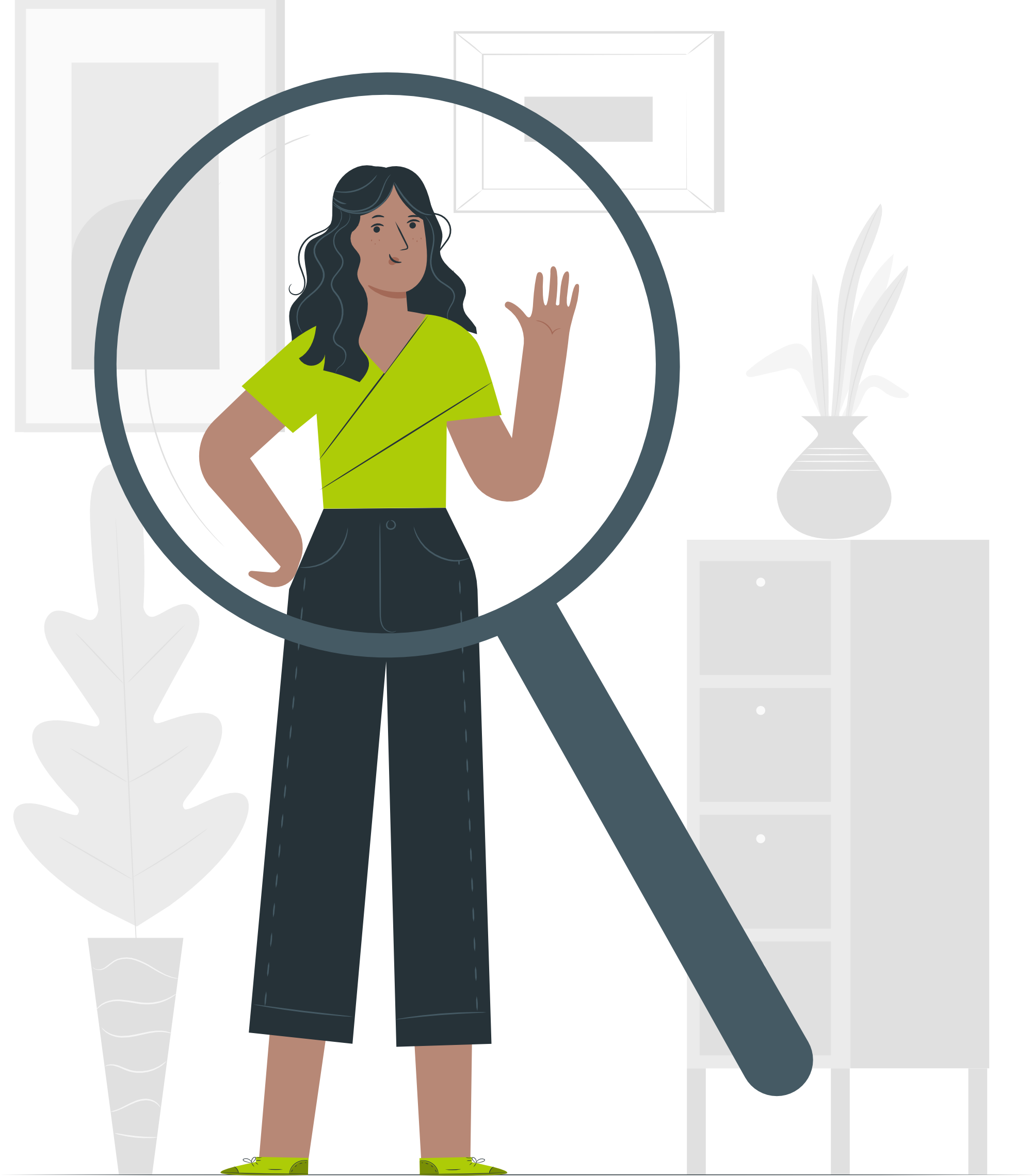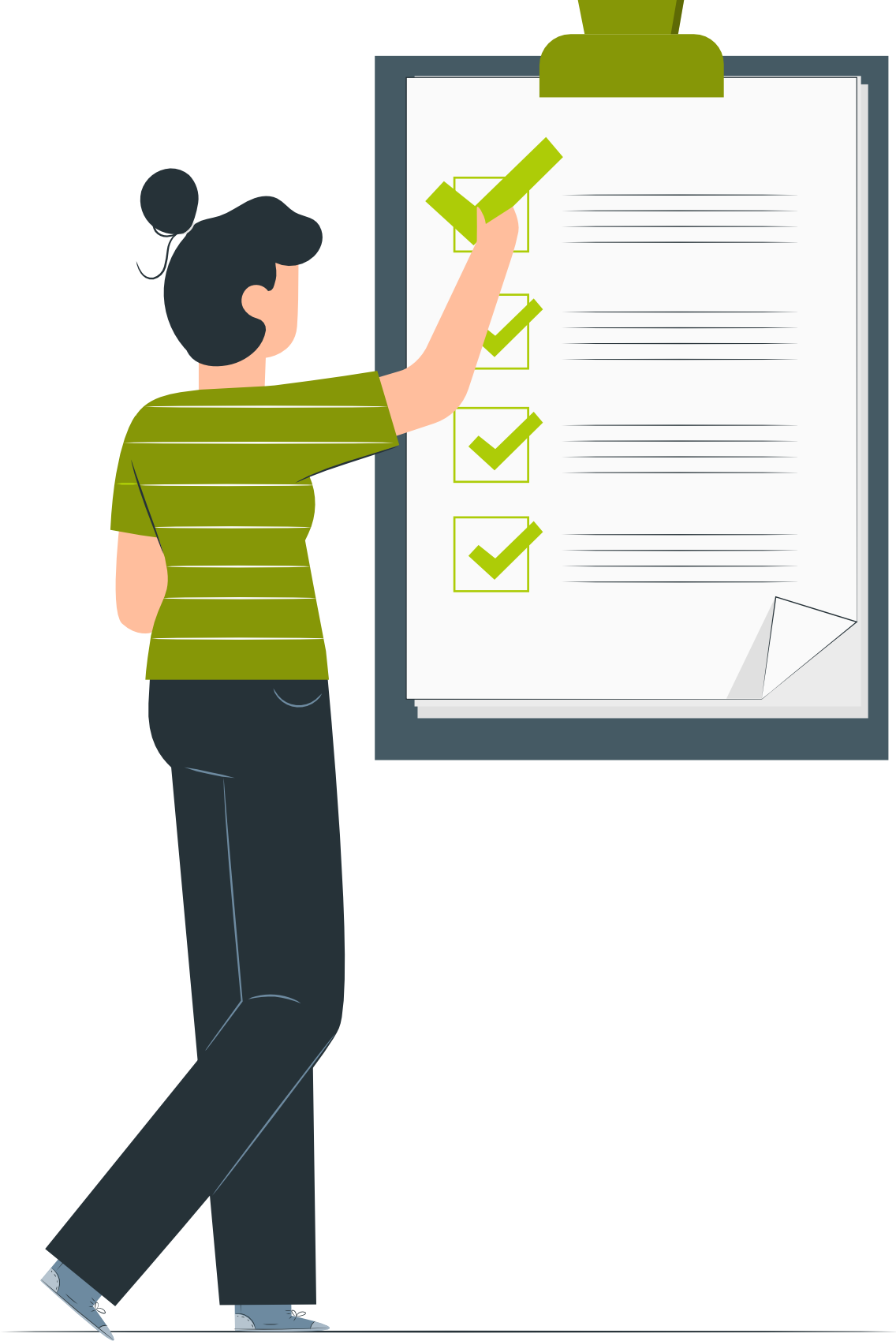Being a carer
If you are regularly looking after a family member or friend, because they have a long-term condition, such as pain, are ill, elderly or disabled the law considers you ‘a carer’. So let’s start by looking at what the law actually says . . .
The Carer’s Act of 2014 says:
A carer is someone who helps another person, usually a relative or friend, in their day-to-day life. This is not the same as someone who provides care professionally, or through a voluntary organisation.
What does this mean in practice? . . .

Dame Philippa Russell, Chair of the Standing Commission on Carer’s Assessments said:
“The Care Bill in many respects marks a quiet revolution in our attitudes towards, and expectations of, carers. At last, carers will be given the same recognition, respect and parity of esteem with those they support. Historically, many carers have felt that their roles and their own well-being have been undervalued and under-supported. Now we have a once in a lifetime opportunity to be truly acknowledged and valued as expert partners in care”
Carers can help with:
-
Washing, dressing and giving medicines
-
Getting out and about and travelling to doctors’ appointments
-
Shopping, cleaning and laundry
-
Paying bills and organising finances
-
Emotional and social support
-
Watching over someone if they cannot be left alone
Do you recognise this role in your relationship with the relative or friend you love? Recognising the role can help you to access help.
Here’s some of the help that’s out there . . .
How can it help me to be recognised as a ‘carer’?
1. Carer’s Assessment
If you care for someone and are over 18, you can have a free assessment to see what might help make your life easier. This is called a Carer’s Assessment.
Carer’s Assessments can recommend things like:
- Someone to take over caring so you can take a break
- Gym membership and exercise classes to relieve your stress
- Help with taxi fares if you do not drive
- Help with gardening and housework
- Training you how to lift safely. You could also ask for training on how to push a wheelchair
- Putting you in touch with local groups so you have people to talk to
- Advice about benefits for carers
The NHS website has information on how to apply for a Carer’s Assessement. Find out more here:
More about Carer’s Assessments
2. Carer’s Allowance
You may be entitled to Carer’s Allowance. You can check your eligibility here:
Find out about Carer’s Allowance
3. Carers’ organisations
These groups are led by carers and are for carers. They are likely to understand your experiences and needs. They can help with information, advice and signposting.
You can look for your local carer’s organisation on the Carers UK website:
Look for support where you live
4. Other things you may be entitled to
Carer’s UK also have guides for England, Wales, Scotland and Northern Ireland on other things you may be entitled to. There is a lot of information in each of the booklets.
Did you know?
-
There are at least 6.5million carers in the UK (Census, 2011)
-
It is estimated that 180,000 – 700,000 are young carers (i.e. under the age of 18)
-
In 2015 Carers UK and the University of Sheffield found that “Unpaid carers save the UK £132 billion a year – the cost of a second NHS”
-
70% of carers have back pain and 60% experience depression and anxiety
-
Many have poor sleep, diet and health in general
-
Carers often find that life becomes dominated by their role
Being a carer
Key ideas
✔ If you are regularly looking after someone because they have a long-term condition, you are a carer
✔ Being recognised as a carer helps you get the support you need
✔ You may be entitled to Carer’s Allowance
✔ There are lots of organisations that can help carers
Next footstep
